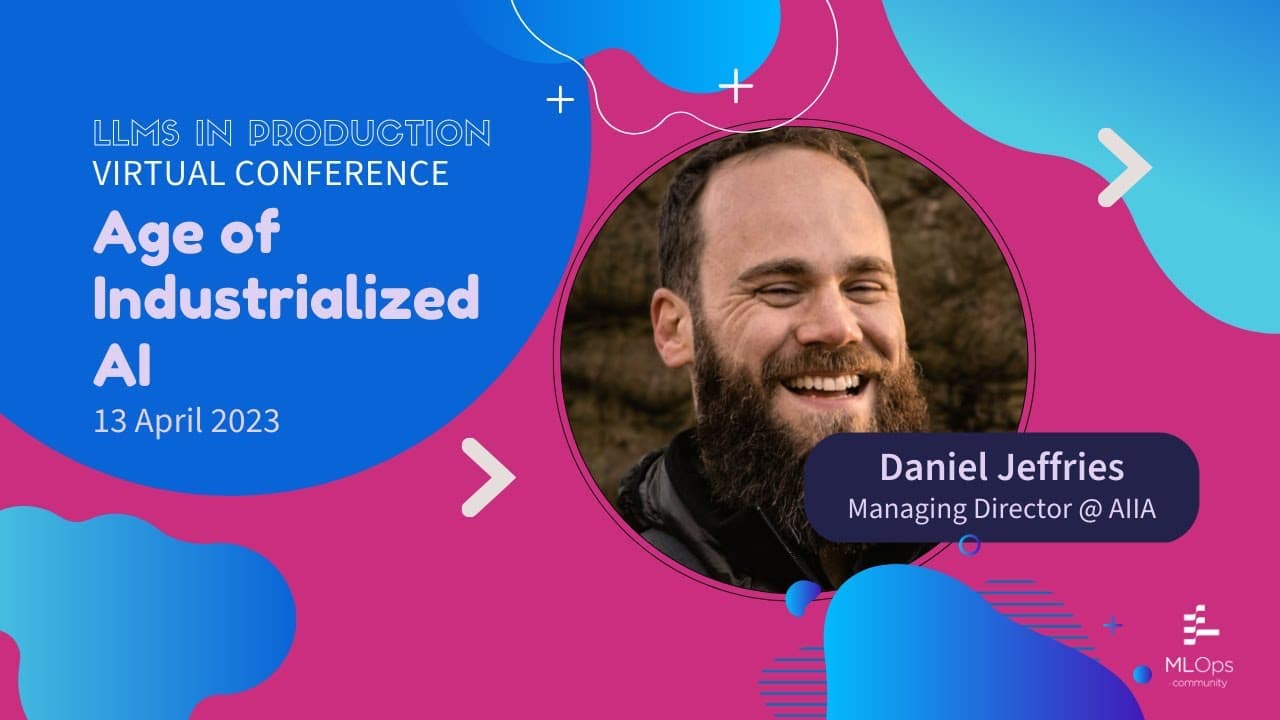Developer Daniel Jeffries Advocates for Dual AI Model Strategy for Optimized Coding Efficiency

Leading technology commentator Daniel Jeffries has outlined a nuanced approach to leveraging artificial intelligence in software development, advocating for a "fast and slow thinking" model split. Jeffries, known for his insights into AI and future tech, detailed his workflow on social media, emphasizing the complementary strengths of different AI tools for distinct coding tasks. He specifically highlighted the use of "big dogs" like Anthropic's Claude 3 Sonnet and OpenAI's Codex for complex planning and verification, alongside a specialized "doer model" he refers to as Composer-1 for rapid execution.
Jeffries explained that while models such as Sonnet and Codex excel in strategic thinking, they are less efficient for straightforward, repetitive tasks. "When I need planning and verification, I loop back to the big dogs. Composer cannot plan. Forget it," he stated in his tweet, underscoring the specialized nature of each tool. Claude 3 Sonnet, for instance, is recognized for its strong performance in coding, reasoning, and handling complex instructions, making it well-suited for architectural design and problem-solving. OpenAI's Codex, which powers tools like GitHub Copilot, is similarly adept at translating natural language into code and understanding intricate programming logic.
Conversely, Jeffries lauded Composer-1 for its exceptional speed and efficiency in executing well-defined coding operations. He described Composer-1 as a "doer model" that operates at "light speed" when given precise instructions. "When I know precisely what I want and I want it done fast, Composer-1. No contest," Jeffries affirmed, noting its proficiency in tasks such as updating imports, linting, and running test suites across a codebase. He further highlighted Composer-1's utility in research validation, where it can swiftly "go cite evidence for or against in the code and docs" based on plans generated by more analytical AI models.
This dual-model strategy allows developers to optimize their workflow by assigning tasks to the AI best suited for them, avoiding the inefficiencies of using a powerful, general-purpose model for simple, high-volume changes. Jeffries pointed out that Composer-1, despite its "trigger happy" nature requiring explicit "MAKE NO CHANGES" commands, significantly outperforms models like Codex for routine modifications. This approach suggests a growing trend in AI-assisted development where specialized models are integrated to enhance different stages of the coding process, from high-level planning to granular code adjustments.